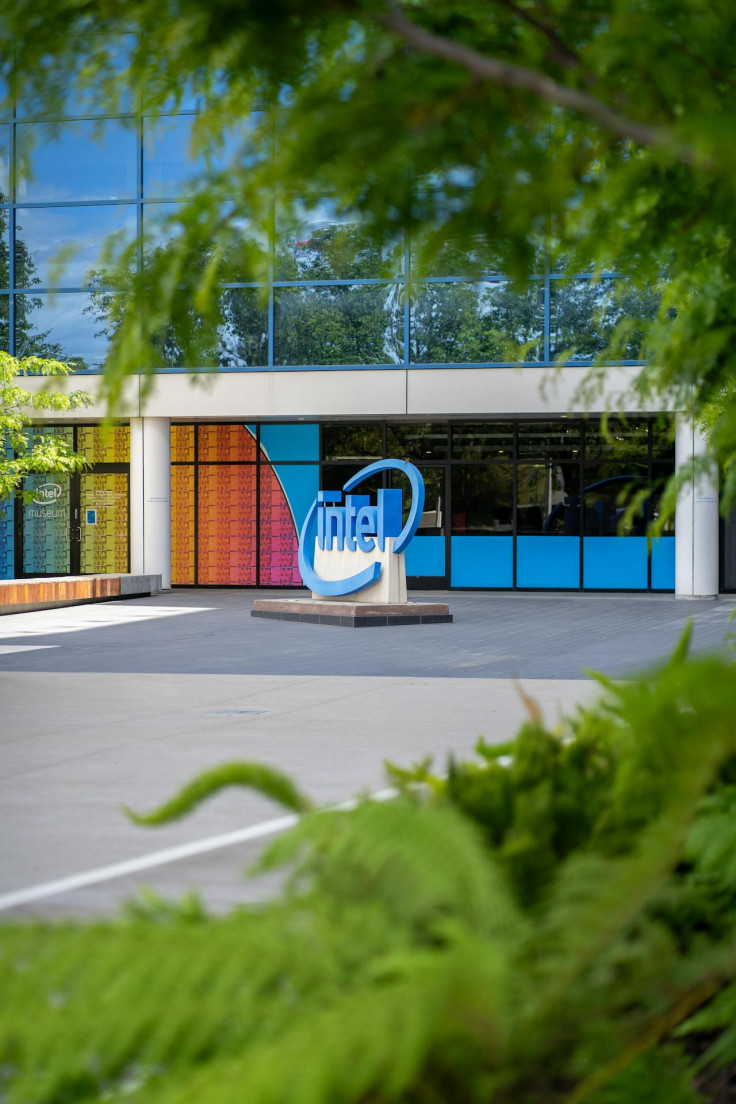Intel Stock 'Grim' Forecast: Can a CEO Under Siege Still Power a $2,000 Dream?
Political pressure and analyst caution put Intel's recovery plan under fresh scrutiny

Intel stock fell this week as its chief executive, Lip-Bu Tan, faced mounting political pressure to resign over alleged business ties to China. The developments come just months after Tan took the top job in March, which tasked him with steering the semiconductor giant through a major turnaround.
Political pressure
President Donald Trump publicly called for Tan's resignation on Thursday, writing on Truth Social that the Intel CEO 'is highly CONFLICTED and must resign, immediately. There is no other solution to this problem'.
The call followed a letter from Senator Tom Cotton to Intel's board chair, citing reports of Tan's investments in hundreds of Chinese companies. Some of these investments allegedly included companies linked to the country's military. Cotton questioned whether Tan had divested from positions in entities tied to the Chinese Communist Party and the People's Liberation Army.
Intel responded by saying that the company, its directors and Tan 'are deeply committed to advancing US national and economic security interests'. It highlighted its multibillion-dollar investments in domestic semiconductor research and manufacturing to make a point.
BREAKING: President Trump CALLS FOR Intel's CEO, Lip-bu Tan to resign because of his past ties to China.
— Brian Krassenstein (@krassenstein) August 7, 2025
THIS IS WHAT DICTATORS DO. pic.twitter.com/Y5F4akZrGT
Market reaction and trading
The market responded swiftly. Shares of Intel closed down about 3% on Thursday following Trump's post, according to coverage of the market move. The drop underscored how political developments can influence investor sentiment, particularly when they involve questions about leadership and national security.
Ahead of Intel's second-quarter earnings report, analysts tracked by Visible Alpha maintained neutral 'hold' ratings, with a consensus price target of around $23 per share.
Attention is also on Intel's foundry division, which manufactures chips for other companies. Reports suggest Tan is considering a shift in the division's manufacturing strategy. This was a move that could lead to write-offs worth hundreds of millions or even billions of dollars. Such a change would aim to win high-profile customers like Nvidia and Apple, but could prove operationally challenging.
Long-term forecasts clash with short-term risks
While near-term analyst expectations are muted, some projections remain highly bullish for the long term. One forecast has suggested Intel shares could reach $2,000 by 2030 if the company regains market leadership in key sectors such as AI and advanced manufacturing.
For now, however, Intel is navigating competitive pressure from rivals like AMD and Nvidia. It also has to contend with production delays in its chip roadmap, and significant restructuring, which includes a 15% workforce reduction announced in July. These steps are part of an effort to streamline operations and accelerate the decision-making process.
Here is Intel’s official first statement. I’m expecting a lot more details down the road. The big question for me was, what’s the *real* issue Trump/Cotton have? This seems like a smoke screen for something else.
— Patrick Moorhead (@PatrickMoorhead) August 7, 2025
The sad part is that Intel Foundry is the only US-headquartered… pic.twitter.com/niBfPirVsI
What is at stake
The leadership challenge, political scrutiny and potential strategic shift in manufacturing all come at a pivotal time for Intel. Whether the company can maintain stability while pursuing its turnaround plan will determine if the long-term optimism for Intel stock is achievable or out of reach.
Investors are watching for signals from the upcoming earnings report, any formal board response to congressional concerns, and further details on the foundry strategy. The outcome will shape the trajectory of Intel stock in both the short and long term.
© Copyright IBTimes 2025. All rights reserved.




















